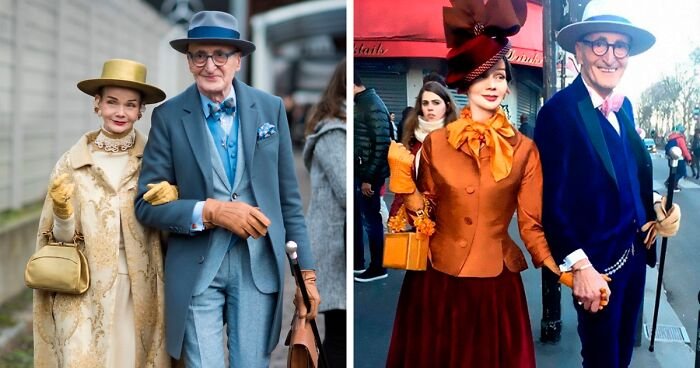Are you aware the fact that we humans have destroyed more than a half of the eco-system so far? Conservationists estimate that over 260,000 tons of plastic have made the way to the oceans. It’s not just plastic, some of them are really hazardous for the marine lives.
What we forget is that there are lives also in the ocean. By the waste we throw, zillions of ocean lives go extinct and trust me, it’s solely our fault.
Here’s a proof what happens to the innocent ocean lives because of our irrational actions. Though it’s a feel-good story, we should learn the lesson that ocean life is also our responsibility.
A baby veined octopus has been using a plastic cup as its home and this story is about how cuba divers in Lembeh, Indonesia convinced the baby octopus to switch its home for a real home.
Pall Sigurdsson & other divers found this baby with a plastic cup as home

Image credits: Pall Sigurdsson

Sigurdsson from Iceland, is an engineer in profession and enjoys the lives below water.
“This was our third dive that day, and we were all starting to get a little bit tired. My dive buddy sent me a hand signal indicating that he had found an octopus and asked me to come over for help.” Sigurdsson recalled the moment of his diving.

Divers tried so hard to exchange the homes that they almost ran out of air

“I am no stranger to seeing octopi making homes out of trash. They are clever animals and use their environment to their advantage, and trash is a permanent part of their environment now,” continued Sigurdsson. “However the octopus with its soft tentacles did not know that this cup offers virtually no protection, and in a competitive environment like the ocean, this cup was a guaranteed death sentence.”
Though they at the edge of running out of air, they succeeded in switching the ‘real-estate.’

They offered few shells so the octopus can pick one

Veined octopi are called as coconut octopi as they protect themselves by looking for coconut or clamshells, in order to have a mobile home.
Having no natural materials anymore, they take whatever they find in the ocean as a shelter like empty containers or empty cups.
This makes them vulnerable to the predators because of having a transparent ‘home’ and on the other hand, eating plastic makes put the predators in danger too.
The predators get vulnerable not being healthy enough to escape from larger predators, continuing the plastic cycle.

Image credits: Pall Sigurdsson

“There are good days, and there are bad days depending on ocean currents. Some days, you see so much trash that it is almost impossible to film sea creatures without also including trash. I try as hard as I can to make people see the ocean when it looks its best. Once I saw a family of anemone fish living next to a corroded battery. That was heartbreaking,” sighed Sigurdsson.
The baby was so happy that he forgot the other half of the shell.

Image credits: Pall Sigurdsson

Plastic is one of the most threatening item for the sea lives. “Most trash (including plastic) sinks. Most people only talk about the parts that they can see. The part that floats, but that’s just scratching the surface of the problem. Plastic straws are a minuscule part of the problem.”
Here’s the video of convincing process of the divers
The comments from the people around the world…















